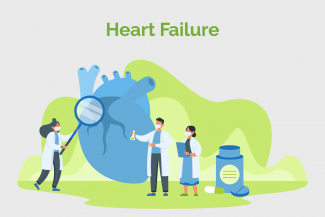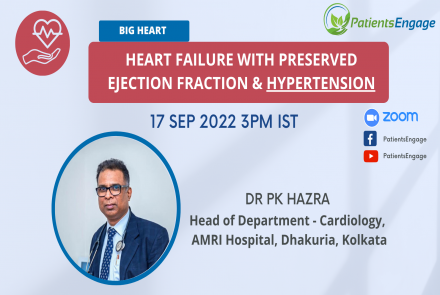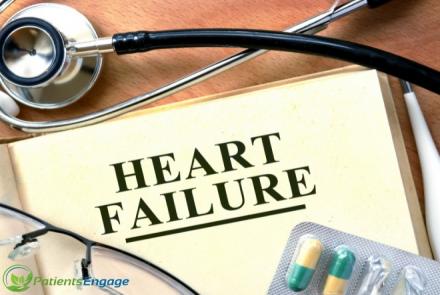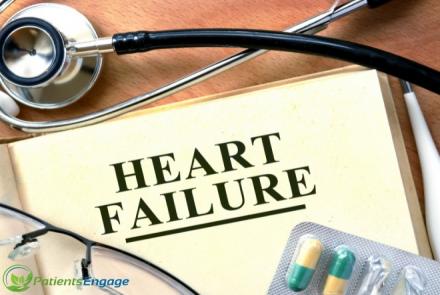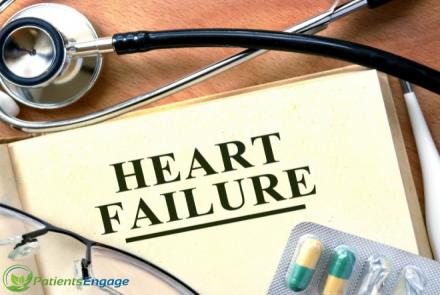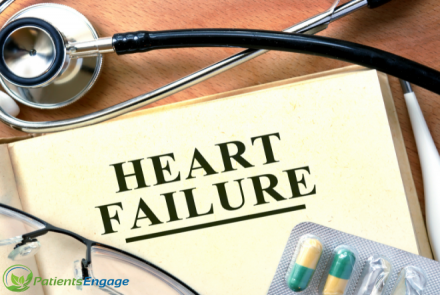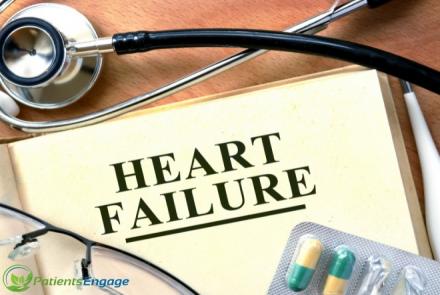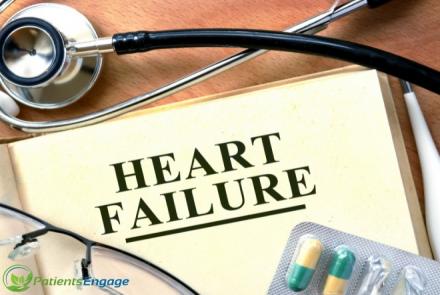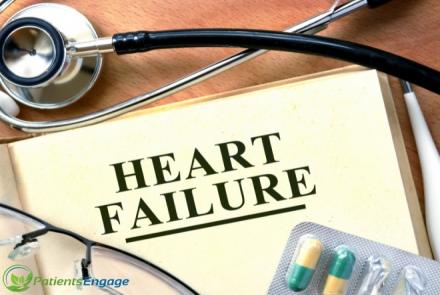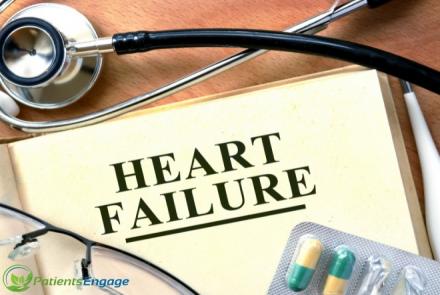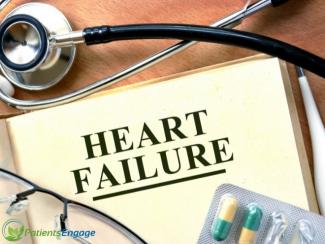
What is the treatment of heart failure
Immediate management of heart failure includes medications to form urine – diuretics which will reduce the congestion and relieve the symptoms of breathlessness. Other therapy includes oxygen therapy or use of ventilation therapy (non-invasive ventilation or invasive ventilator support based on the severity of the heart failure).
Blood pressure stabilizing medications are usually needed to reduce the blood pressure if the BP is high or vice versa increase the blood pressure if low. Other drugs used in heart failure management depend on the clinical situation and they include ACE inhibitors, angiotensin receptor blockers, angiotensin receptor blocker - neprilysin inhibitors (ARNI), beta blockers, mineralocorticoid receptor antagonists, digoxin and other drugs.
The most important part of treatment is treating the cause of heart failure. For example, if the heart failure is due to a heart attack or myocardial infarction, then revascularization of the heart muscle should be done expediently. If the heart valves are causing heart failure, the valve leakage or obstruction should be relieved as soon as possible.
Additionally, heart failure patients should reduce their salt intake and fluid intake. They should undergo cardiac rehabilitation to plan their activity levels and exercise.
What are the most common cardiac devices used for treatment?
Patients with ejection fraction less than 35% are prone to heart arrhythmias and sudden death. A device called an Automated Implantable Cardiovertor Defibrillator (AICD) can be implanted in the heart which detects the fast heart beats and can deliver a lifesaving shock when appropriate.
In patients suffering from recurrent heart failure, in case the heart pumping is weak and the right and left side of the heart pump out of sync, a special pacemaker called Cardiac Resynchronization Therapy (CRT) can be implanted to improve the synchrony of the heart and relieve the patient’s symptoms.
In patients with end stage heart failure, special mechanical pumps can be used to stabilize the patient and improve their blood pressure, circulation and organ perfusion. These are called LVAD – Left Ventricular Assist Devices/ Artificial hearts which are surgically implanted in the heart and can mechanically pump blood to the whole body. This type of pump can be a bridge to a heart transplant or in select patients, be ‘destination therapy’ or final therapy for end stage heart failure.

